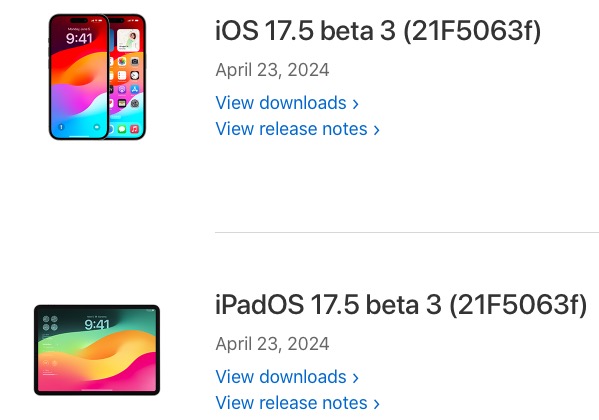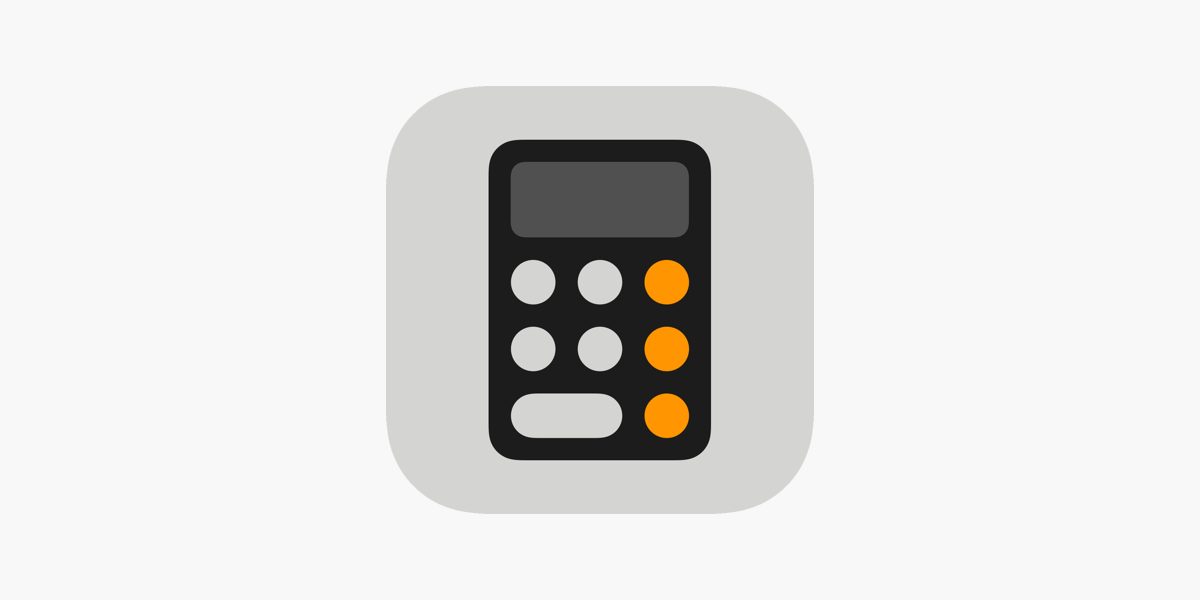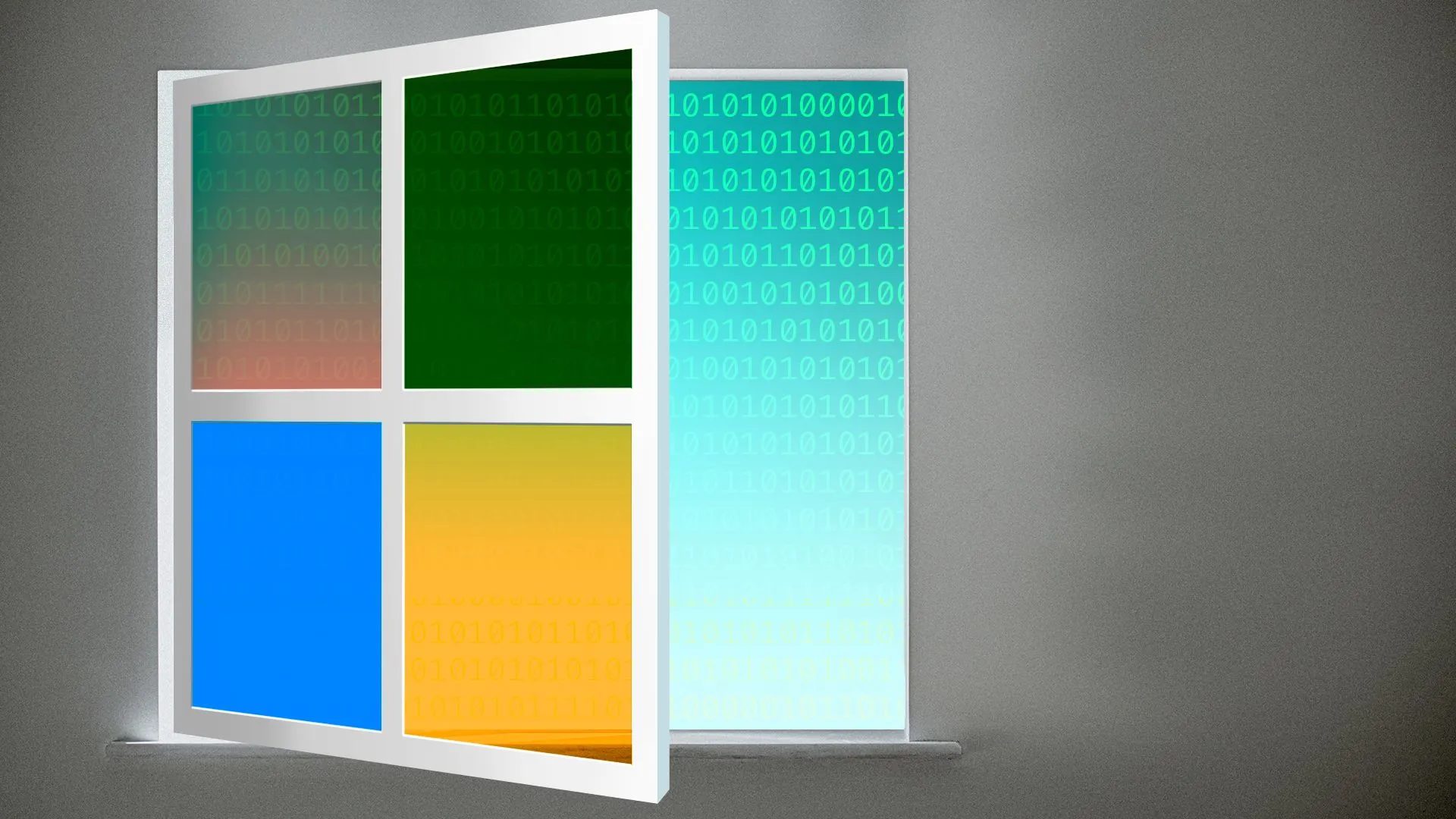
Apple Announces a Milestone in its “Conflict Minerals” Efforts
Apple has today announced a milestone in its five-year-long effort to ensure responsible sourcing of minerals used in its products, and that they are not financing any armed conflicts. As explained by BuzzFeed News, these “conflict minerals” are so called because the proceeds from their mining have at times been used to fund armed groups associated with murder, rape, and other human rights violations in the countries where they are mined, such as the Democratic Republic of Congo.

Conflict minerals such as gold, tin, tungsten, and tantalum are used to make circuit boards, as well as the parts of iPhones that allow them to vibrate or hold a charge. In Apple’s 2016 Supplier Responsibility Report, the company COO Jeff Williams notes that as of today, all of the smelters and refiners that supply the Cupertino tech-giant with conflict minerals are enrolled in a third-party auditing program. The company currently works with 242 suppliers in the Democratic Republic of Congo and adjoining nations.
When Apple published its conflict mineral report last year, 199 of 225 smelters and refiners were enrolled in the audit program. “Unfortunately,” Williams told BuzzFeed News, “we had to kick out 35 along the way that we were unable to convince to do things in the way we think are appropriate.” In some instances, he said, Apple resorted to “publicizing smelters in order to shame the ones we couldn’t convince otherwise to join the program.”
Apple’s primary conflict mineral auditor is the Conflict-Free Sourcing Initiative (CFSI), whose stated goal is to make sure that the smelters and refiners tech companies source from aren’t using minerals that come from mines controlled by armed forces. To accomplish this, auditors including the CFSI use methods like the “bag and tag” system, in which minerals that are certified conflict free are given a barcode so that they can be tracked from mine to export.
Williams also said that even though by current definitions and standards, Apple could declare itself conflict free but the reason why it has chosen not to do so is because “we think the third-party audit programs, while a good first step, [can be improved]. There are too many holes in the system”.
You can download Apple’s annual Supplier Responsibility Progress Report for 2016 here.

